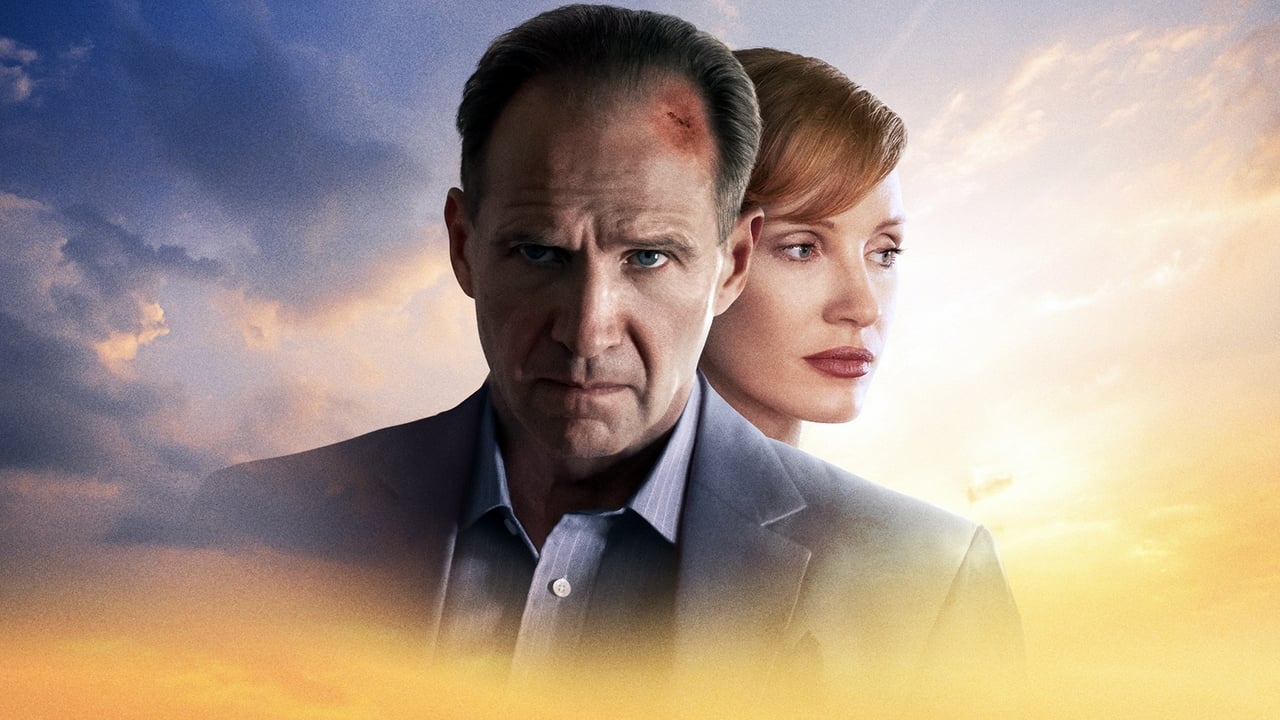The Forgiven forces us to ask: when guilt comes calling, who dares to answer?
“The Forgiven” (2021), directed by John Michael McDonagh, is a tense drama-thriller that explores morality, privilege, and the haunting consequences of choices made in the heat of recklessness. Set against the vast deserts of Morocco, the film unfolds as both a character study and a moral reckoning.
The story follows wealthy couple David and Jo Henninger (Ralph Fiennes and Jessica Chastain), whose troubled marriage is put to the test during a weekend getaway to a lavish party in the Moroccan desert. On their way to the gathering, they accidentally strike and kill a young local boy. The incident sets off a chain of events that forces David to confront his conscience as he is drawn into the customs and demands of the boy’s grieving father. Meanwhile, Jo finds herself torn between her own guilt, the hedonism of the party, and the shifting cracks in her relationship.

What makes The Forgiven compelling is its collision of two worlds: the indulgent lifestyles of Western elites and the harsh realities of rural Moroccan life. Through its suspenseful narrative, the film explores themes of cultural divide, accountability, and the human tendency to bury guilt under pleasure and denial.
Cinematographer Larry Smith captures the harsh, unrelenting beauty of the desert, which mirrors the characters’ inner emptiness and isolation. Ralph Fiennes delivers a layered performance as a man wrestling with arrogance and shame, while Jessica Chastain portrays a woman finding clarity in tragedy. Together, they elevate the story into something both intimate and unsettling.

Ultimately, The Forgiven (2021) is a meditation on morality, privilege, and redemption. It asks whether forgiveness can truly be earned—or if some sins will always leave scars too deep to heal.
-1752548757-q80.webp)

-1752553316-q80.webp)
